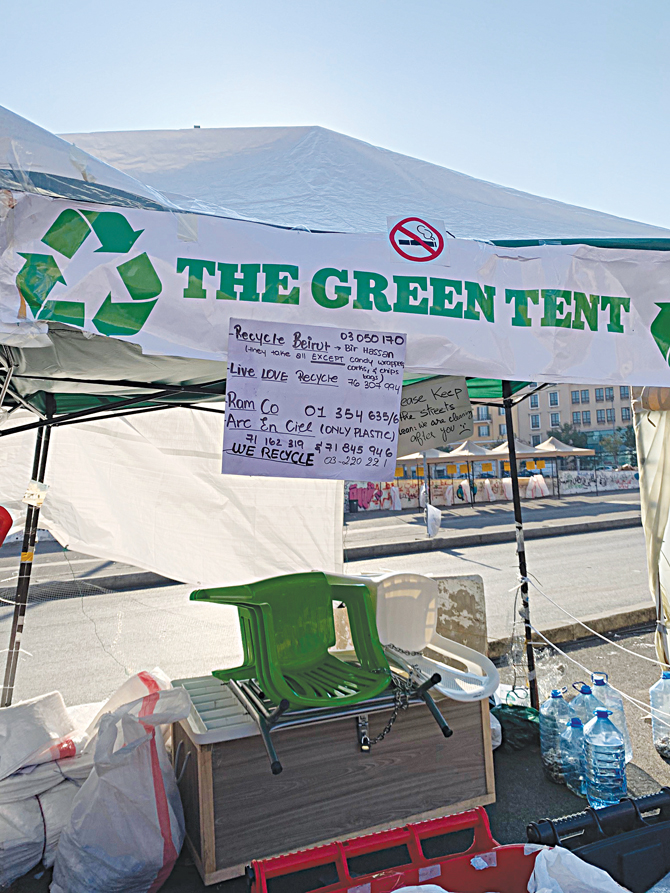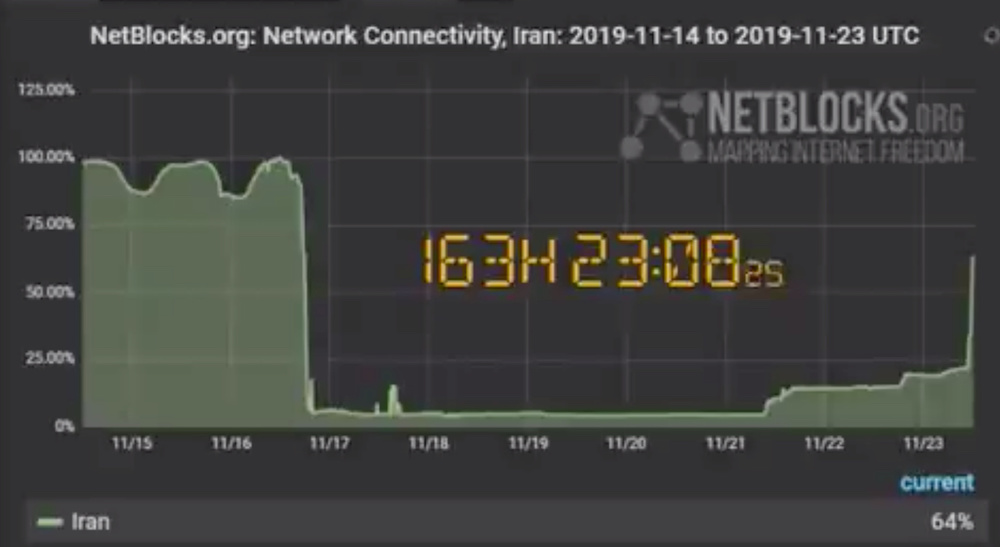Demonstrators target US Embassy near Beirut
BEIRUT: A group of pro-Hezbollah protesters marched on Sunday to the US Embassy in Awkar, 11 km from Beirut, to protest “the US meddling in Lebanon’s affairs.”
The Lebanese Army prevented the protesters from advancing to the road leading to the embassy after setting up a security cordon. Young men from the Communist Party, the Syrian Social Nationalist Party and some Palestinian refugees participated in the demonstration. They said that they are “with the resistance and against the US meddling expressed by former US Ambassador Jeffrey Feltman.”
The demonstrators burned US and Israeli flags. Some tried to cut the barbed wire to break through the security cordon, which led to riots and was dispersed by internal security forces with tear gas.
The demonstration coincided with a social media campaign accusing the civil movement in Lebanon of “receiving US funding and directives.” A Twitter user replied: “Would you allow us to demonstrate outside the Iranian Embassy?”
Another Twitter user said: “We support demonstrating outside every embassy that meddles in Lebanese affairs and outside the Iranian Embassy, which finances Hezbollah and provides them with arms in Lebanon and all Arab countries. Down with all embassies, and the decision remains for the free and honorable revolutionists.”
Peaceful protests were active on Sunday in Beirut, Tripoli and Sidon to “reject the confiscation of maritime property.” On Saturday night, A peaceful protest took place for the first time in Beirut’s inner neighborhoods. A number of residents from pro-Hariri neighborhoods were present.
The protesters, who raised the Lebanese flag and balloons, chanted slogans condemning the difficult living and economic conditions. They demanded the speedy formation of a government that responds to the demands of the civil movement.
The civil movement continued to infiltrate trade union elections. Civil society candidates won the elections of the Lebanese Dental Association and the Order of Physiotherapists. This development reflects the mood of the voters, who used to vote for party candidates according to completed regulations. The first independent association election victory was achieved last Sunday when civil activist Melhem Khalaf was elected as president of the Beirut Bar Association, a position that was previously limited to those loyal to parties in power.
Two boys, aged 12 and 19, were arrested by security services in the mountainous town of Hammana for taking down the Free Patriotic Movement banner. This act sparked widespread condemnation, forcing security forces to release them hours after their arrest.
Caretaker Minister May Chidiac denounced the arrest of the children and said: “Unbelievable! What is happening? Are some of the allies of Bashar’s regime reproducing what he did in Daraa? Doesn’t the example of the children of Daraa, which sparked the war in Syria, mean anything to them? Fear God and be humble.”
While the bodies involved in the civil movement called for a general strike on Monday to step up the pressure on the government to speed up meeting the movement’s demands, the social and economic pressure on the Lebanese people continues in the presence of two US dollar exchange rates and measures taken by banks to prevent overseas transfers.
The president of the General Confederation of Trade Unions, Maroun Al-Khouli, warned against the arbitrary lay-offs affecting workers in the absence of any protection from the Ministry of Labor. He said: “Employers are now taking advantage of the financial and economic situation as well as the developments in the country and deducting 50 percent of the salaries of workers who have not been laid off.”
Al-Khouli called on Caretaker Prime Minister Saad Hariri to have the cabinet intervene to “rehire all of those who have been laid off since Oct. 17, the start of the protests, in their jobs.”
He added: “The caretaker government can decide on all issues that are not of a crucial critical nature, such as international agreements and treaties and comprehensive and long-term development plans. It must take responsibility for making decisions to stop the social massacre of thousands of laid-off workers.”

Hezbollah MPs step up attacks on US over Lebanon ‘meddling’Order Benjamin Netanyahu to step aside after indictment, watchdog asks Israel’s top court








